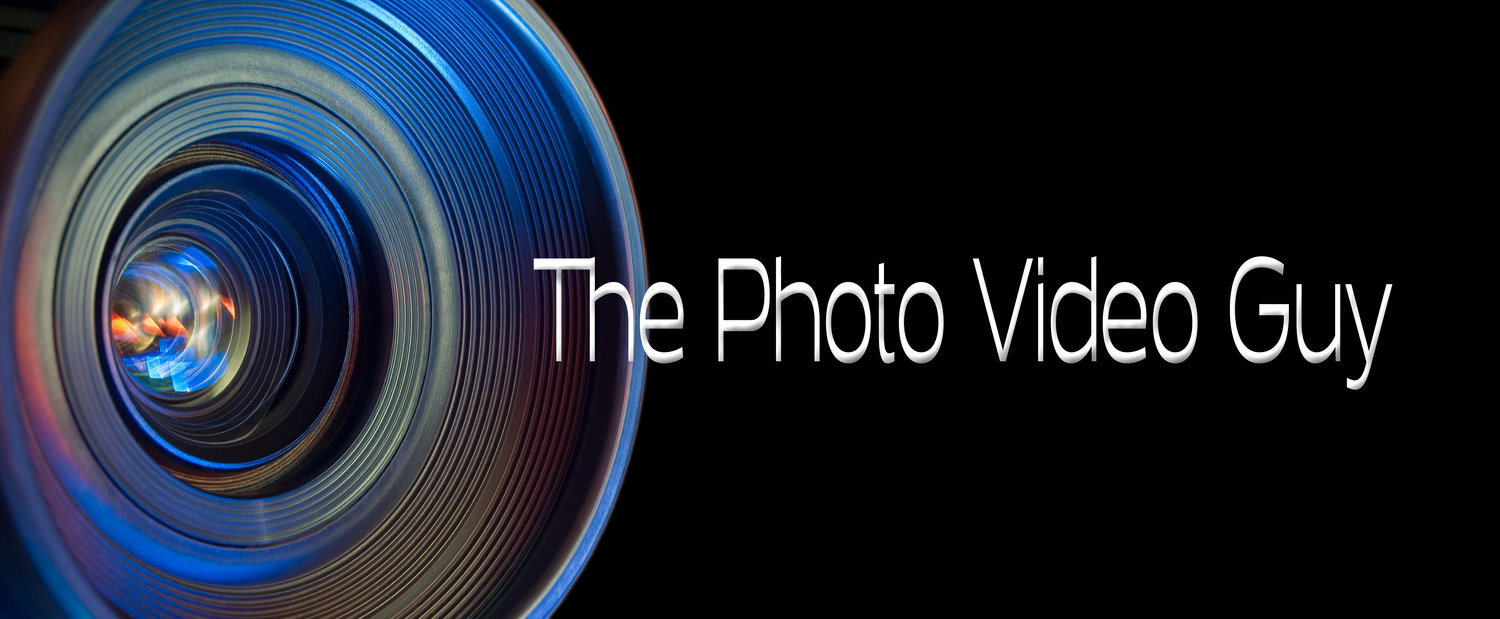Encouraging the New Photographer
/Image courtesy Tim Mossholder
Hello neighbours! My podcast co-host Gordon asked a very good question of me yesterday. He was thinking about what process to follow with a pre-teen / teenaged person to teach that person photography, beyond what the person is already doing with a smartphone.
This is an interesting question, particularly when the teacher has been doing photography for some time. The challenge of course is to facilitate knowledge transfer without boring the new photographer to death or worse make photography sound so complex and tedious that the new photographer decides that it’s the equivalent of TL:DR
Having been a photography teacher for decades, most of the folks that I have had the pleasure to work with are adults who are undertaking photography with intent. For younger people, there are so many options to consume their time, a traditional classroom probably won’t work, and doesn’t fit with the education by YouTube model of short pieces solving a single problem.
I believe that if the conversation starts with a dive into shutter speeds, apertures, ISOs, focal lengths and goodness forbid sensor size, the results will be eye rolling followed by abandonment.
Here’s my alternative proposal
We will start where the new photographer already is. Taking pictures on the smartphone. It really is point and shoot, and does such a good job at it that the point and shoot camera market has been mostly killed off.
We know that most smartphone picture taking is done in this point and shoot manner. No thought given to exposure or focus, because the smartphone does such a fine job.
So take that interchangeable lens camera with a decent kit zoom. Set it to its fully automatic mode, with autofocus on, and none of the custom tweaking that you might do for your own camera. What works for you has come over time and at this point will mean nothing but noise to the new photographer.
Now be the taxi and take the new photographer to a place that is important to the person. Teach the person where on and off are and why a lens cap is a decent idea when not making photos and that’s enough. Give the person a period of time to go take pictures, just as the person would with a smartphone. If that’s with friends, a sport, whatever, let them go. Leave the person be. Don’t hover but let the photographer know where you will be IF questions come up. Have the person take a picture of you before they go and show them that they can see the picture on the back of the camera just like a smartphone.
When the new photographer returns, with however many pictures taken, agree on a time to look at them together on a bigger screen. In that session, put each image up individually and ask the photographer to identify what they like about the picture. Ask what they don’t like and what they would do differently if they could.
By putting the context of education in the person’s own pictures, you keep them engaged. It’s possible that they like everything and have no concerns. That’s fine. Photography is a journey not a destination, you know this yourself. Encourage the person to think about taking pictures of the kind of things that matter to the individual. Then set some time to do a gentle review with the photographer using Active Listening, they talk, you listen. As the photographer identifies opportunities for change, that’s when you can offer a simple solution to the specific issue. Avoid techno babble or photo terms until the person asks for more detail. At that point, you can start sharing your knowledge, but always in the context that the person is new and at this point may not have the level of fascination that you have.
This works. However you need to remember that just because photography is important to you, it may not be important to the other person at this point in time. Over the decades I have encountered people who could care less at one time and later on are deeply engaged. Every person is different. In the words of great philosopher Carlin, that person has “got to wanna’” None of us can force the wanna but we can support it when it appears.
Do you have an idea for an article, tutorial, video or podcast? Do you have an imaging question unrelated to this article? Send me an email directly at ross@thephotovideoguy.ca or post in the comments. When you email your questions on any imaging topic, I will try to respond within a day.
If you shop with B&H Photo Video, please consider doing so through the link on thephotovideoguy.ca as this helps support my efforts and has no negative impact whatsoever on your shopping experience.
If you find the podcast, videos or articles of value, consider clicking the Donation tab in the sidebar of the website and buy me a coffee. Your donation goes to help me keep things going.
Click this link to submit your questions
I'm Ross Chevalier, thanks for reading, watching and listening and until next time, peace.









